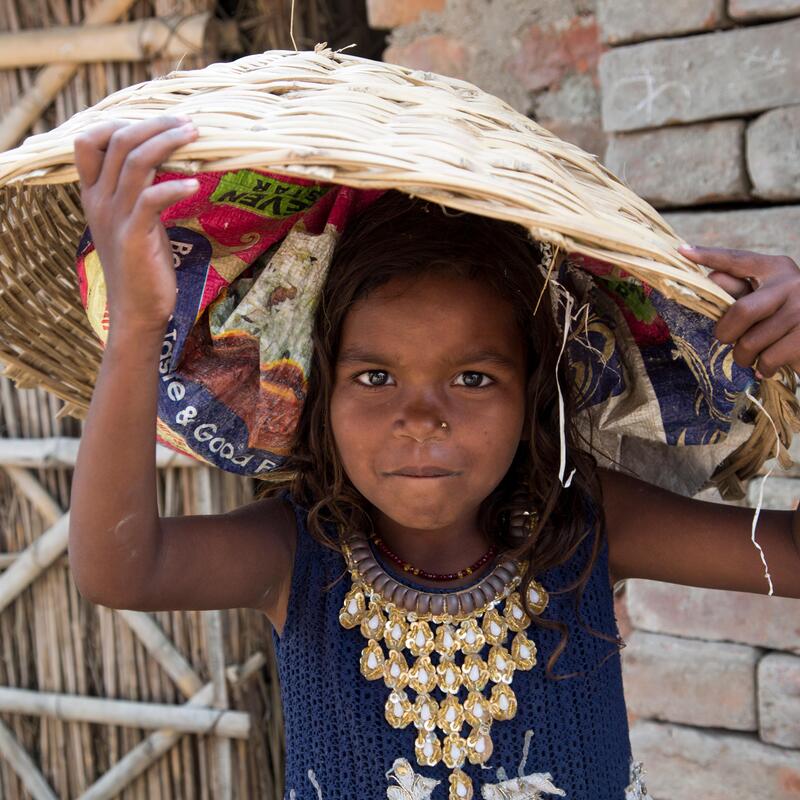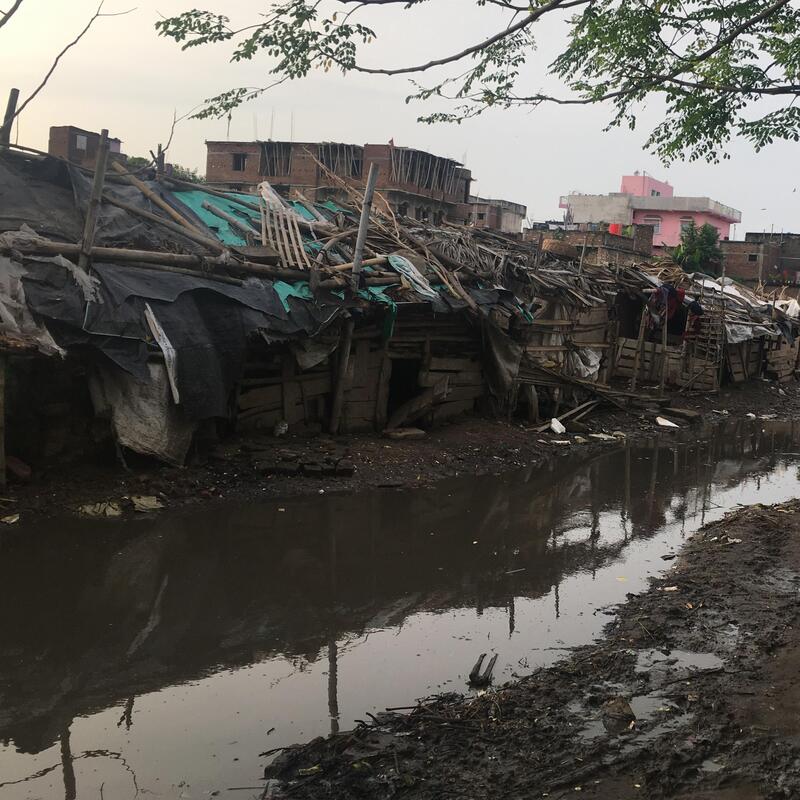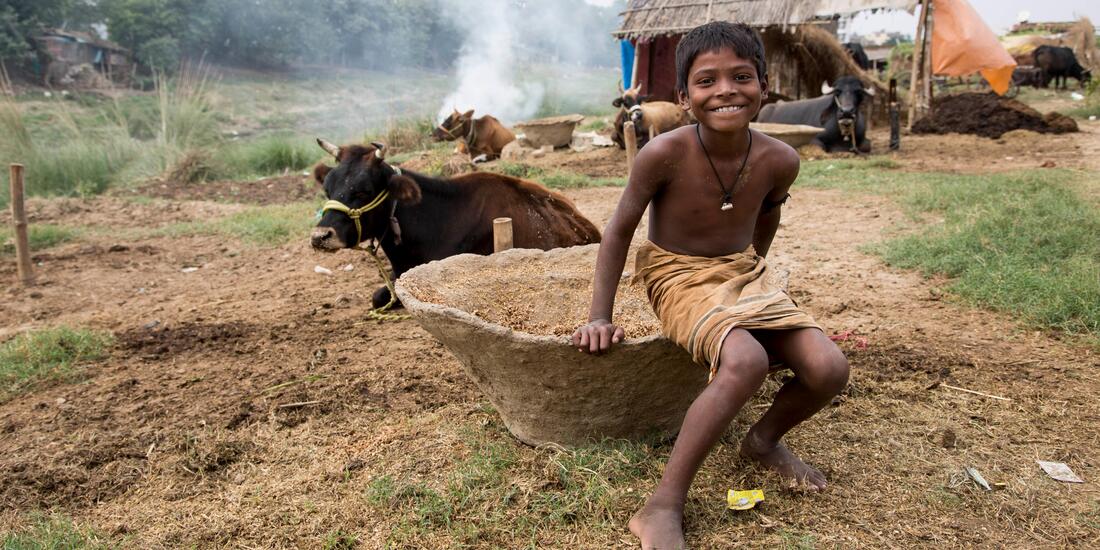Despite the fact that discrimination based on caste was outlawed by India’s constitution in 1950, the practice of ‘untouchability’ still dictates the order of modern life for millions here.
The caste system assigns individuals a certain hierarchical status according to Hindu beliefs. Traditionally there are four principal castes (divided into thousands of sub-categories) and a fifth category of people who fall outside of the caste system; the Dalits.
The word Dalit translates as ‘oppressed’ or ‘broken’ and is generally used to refer to people who were once known as ‘untouchables’ because of the impurity and pollution connected with their traditional ‘outcaste’ occupations.

As members of the lowest rank of Indian society, Dalits face discrimination at almost every level, from access to education and medical facilities to restrictions on where they can live and what jobs they can have.
Bihar is in the top five poorest states of India and one of the biggest child labour employers. It is 12th largest state in terms of geographical size but the third largest by population.
Within this dense population it is estimated that 55.9% of children in Bihar State are malnourished, which is the third highest level in all the Indian states. Recent research has also shown that the mortality rate of Dalit children is 76% higher than the rest of the population.
Abuse of the Dalit caste is particularly high in Bihar. Despite having just 8% of the country’s scheduled caste population, this state has one of the highest numbers of crime cases registered against scheduled castes, contributing 16-17% of all Indian crimes against Dalits.

This combination of persecution, discrimination and poverty leaves Dalit children in Bihar extremely vulnerable. Not only this, but there are high numbers of ‘Musahar’ children who represent the lowest strata of the Dalit caste. The term Musahar literally translates as ‘rat eaters’, a practice which ostracises the Musahar from other Dalit castes and reflects their desperate struggle for daily survival.
Currently, schools in Bihar are legally obliged to include children from all castes, but because of the prevailing prejudice, most of these schools are either abandoned, barely functioning or allowing Dalit children to attend, but treating them with cruelty and neglect.
Dalit children are frequently discriminated against, being made to sit at the back of the class and restricted from touching or interacting with children from other castes. As a result, those who do make it into school often drop out at an early age.
Courtesy – children on the edge

